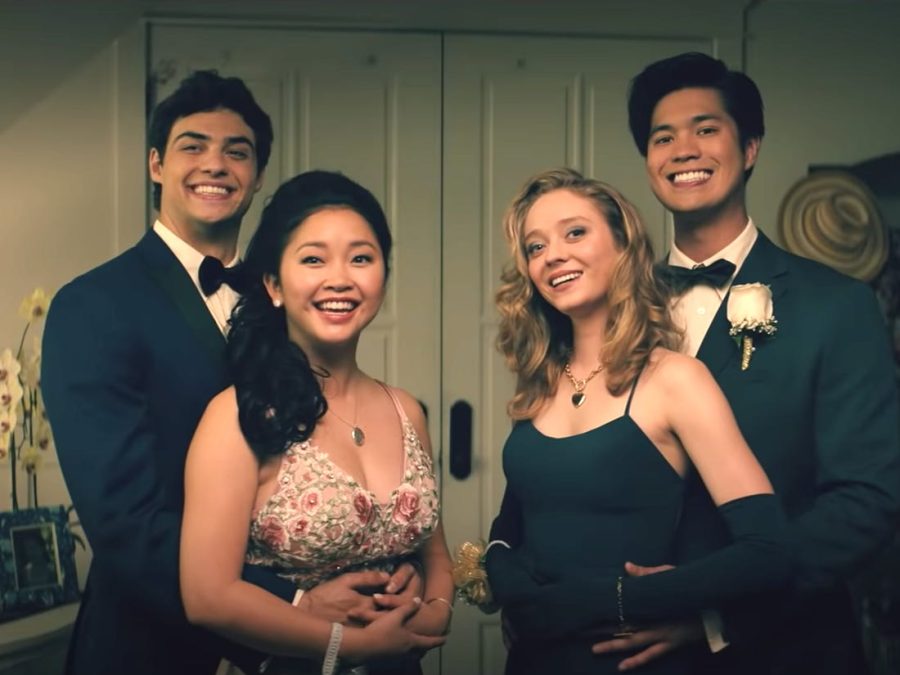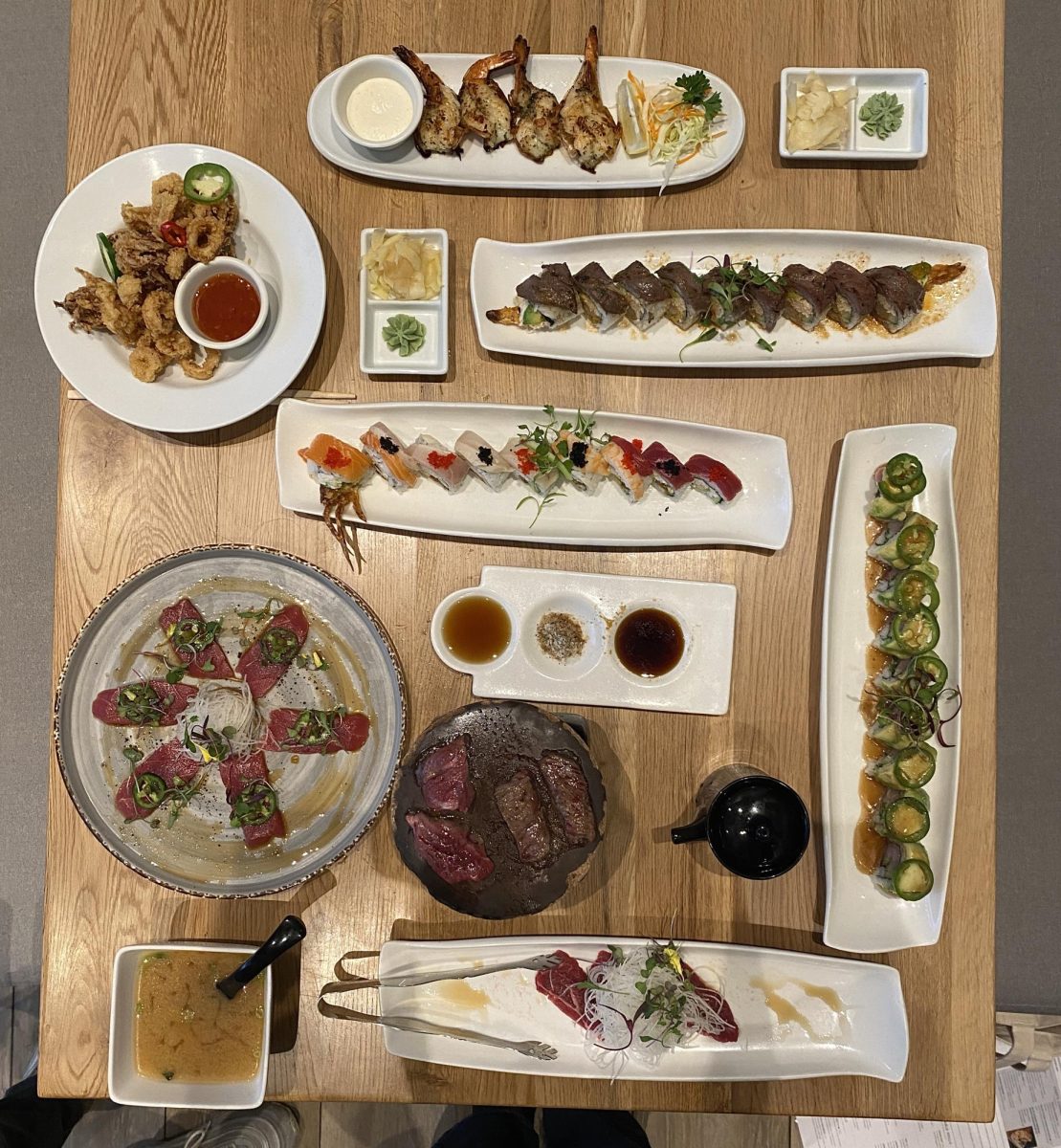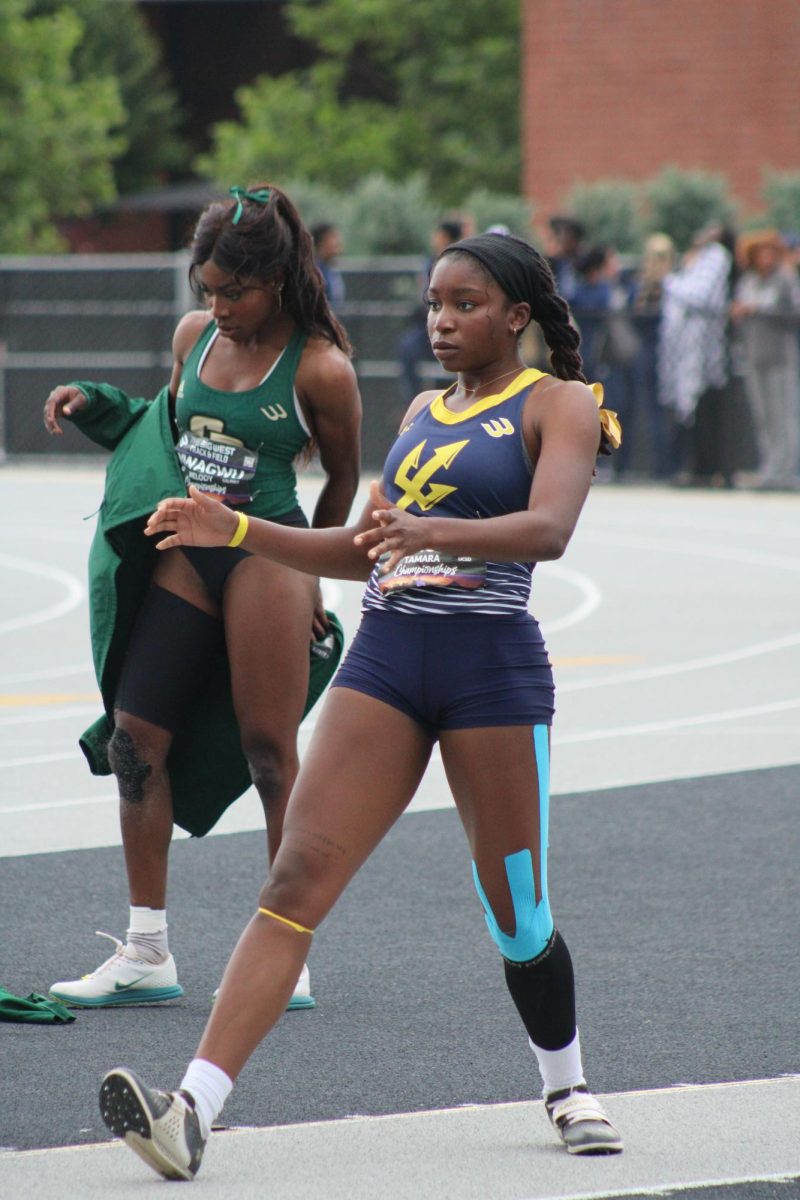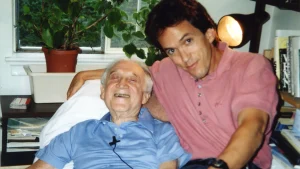Film Review: “To All the Boys: Always and Forever”
Feb 14, 2021
“To All the Boys: Always and Forever” closes the curtains on this Netflix adaptation series — let’s hope it never opens back up again.
Exactly one year ago today, I cracked open my faulty laptop running on its last computerized leg and listened to my Macbook’s motorized hums as I watched what I thought was the worst film in the “To All the Boys I’ve Loved Before” film franchise — I couldn’t have been more wrong. In the innocence of my 2020 youth (God bless her) I had forgotten to consider the possibility that the third adaptation installment could manage to surpass my non-existent standards. In my previous review of “To All the Boys: P.S. I Still Love You,” I had written “The entirety of the one-hour and 42-minute long film was forgettable, which is worse than if it was terrible.” Again, also wrong. “To All the Boys: Always and Forever” is the third and final film in this trilogy, and has established a permanent residence within my consciousness that I can only hope to one day be discharged from. The forgetful nature of the second film is a virtue that I regret criticizing and wish had been extended in grace to the summation film of the series. This third film concluded the last film adaptation in Jenny Han’s trilogy with a memorable bang — but not in a good way.
My severe judgement is not unsubstantiated, of course; “To All the Boys: Always and Forever” is undoubtedly the least cohesive film in the entire franchise. This film is more of a fragmented visual collage of multiple storylines and stand-alone scenes than it is a singular, united relationship arc between Lara Jean (Lana Condor) and Peter Kavinsky (Noah Centineo). The plot progresses linearly in time through drastically divergent events and locations without the initiative placed to clearly connect any of these storylines. Audience members are placed in South Korea, flown back to America, notified of Lara Jean’s rejection from Stanford, learn about Peter’s dad’s efforts to reconnect with his son (an entirely separate underdeveloped plotline), shown Lara Jean’s father’s (John Joseph Corbett) marriage proposal to his girlfriend Trina (Sarayu Blue), sent to New York, presented with Lara and Gen’s (Emilija Baranac) rekindled friendship, and walked through Lara’s confession to Peter regarding her rejection from their dream college — all before the film even hits the half-minute mark. The whiplash received from the film’s crammed plot points reminds me of special grocery store competitions where lucky customers get the opportunity to have everything they can shove in their shopping carts in under a minute for free, ensuing chaotic box juggling and slipping sneakers on waxed linoleum. Only, this isn’t a grocery store: this is a Netflix film with a multi-million dollar budget that unfortunately failed to adequately translate Jenny Han’s novel into a structured and comprehensive project.
Perhaps, you may be thinking, the saving grace of “To All the Boys: Always and Forever” could lie in the aesthetic stylistic choices that the first film is recognized and praised for. I’m sorry to report that is not the case. The entire film’s color grade is cast in a strange dark-green pastel tint that can best be described as a 2012 Instagram filter cosplaying as an overly-saturated inspirational Tumblr post. While in New York, the young couple send each other low quality videos with the combined quality of approximately 20 pixels in an unnecessarily long montage interrupted by the occasional sporadic quirky emoji and text bubble. The cheesy, animated powerpoint transitions do little to help. The scene where Peter and Lara Jean are in an elevator in New York City and are suddenly transported back to their hometowns through the magic of artwork straight out of an a-ha music video is incredibly disorienting.
Despite all of the film’s flaws, it would be misleading to claim that there are absolutely no redeeming qualities. I appreciated the small nod to the first movie by sitting Lara Jean and Peter together on the bus while Lauv’s “I Like Me Better” played in the background: it was a cute throwback and a bittersweet reminder of the potential this franchise could have had. Additionally, the friendship between Gen and Lara, albeit a bit under-flushed, was one of the most authentic aspects of the film. The awkwardness and the careful treading of niceness between the former best friends was as close to a real representation of rekindled teenage-girl friendships as I believe this film could have gotten. The highlight of “To All the Boys: Always and Forever” is in its portrayal of the nuanced imperfections of life and relationships. It’s good when it’s not trying hard to be.
I wanted to like the film. I really did. But what message are we trying to send impressionable young girls by forcefully spoon-feeding them duplicated cliches and questionable resolutions to real-life issues, over, and over, and over again? Why did the film end with this young couple having sex after Peter presents Lara Jean with a new contract in her yearbook, and why is his emotional neglect so easily forgiven? Why did Peter never once consider transferring to NYU for Lara, but automatically assume she would relocate her entire life for him?
In a half-hearted attempt to be profound, the film touches on Lara Jean’s struggles with Asian-American diaspora and her feelings of cultural loneliness in a brief conversation with Peter in the beginning of the film. This, in its entirety, lasts for less than 20 seconds. None of the actors who play the Covey sisters are even Korean. The token gay Black friend (Trezzo Mahoro), the beautiful but nameless Black prom queen, and the minisual discussions about Korean identity all feel like stale crumbs of representation meant to pander towards white liberals to gobble up praise while actual Korean or people of color (POC) viewers, like myself, watch as our bodies are tokenized on screen. At its best, “To All the Boys: Always and Forever” is a mediocre rom-com with a predictable and cliche ending. At its worst, it’s a poorly rendered, and at-times problematic, adaptation of a novel series that represented everything this film makes a mockery of.
Director: Michael Fimognari
Story by: Jenny Han
Starring: Noah Centineo, Lana Condor, Anna Cathcart, Janel Meilani Parrish, Emilija Baranac, Sarayu Blue, John Joseph Corbett, Madeleine Arthur
Release Date: Feb. 12, 2021
Rated: TV-14
Grade: D
Image courtesy of Lola Lambchops.














